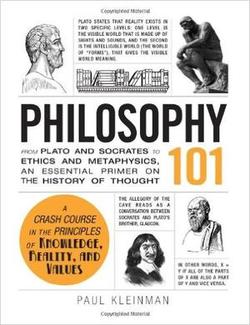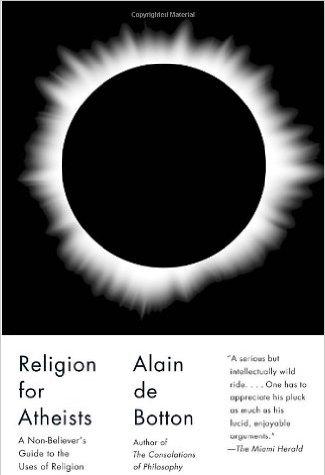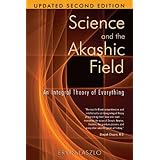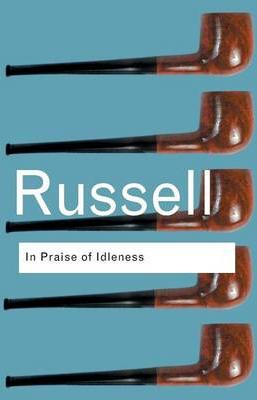drug_mentor
Bluelight Crew
I just finished Crimes Against Logic by Jamie Whyte. I would recommend it to others as it is very concise and quite entertaining. It isn't a textbook and is very accessible, you don't need any familiarity with logic to understand it with ease. It's main focus is examining various logical fallacies which are frequently employed in every day discourse.
Although it is not a major focus of the book, at several different points the author highlights different kinds of fallacies which are often employed by those who advocate the prohibition of drugs, for this reason it may hold a little bit more interest for bluelighters than the average book on logical fallacies.
Although it is not a major focus of the book, at several different points the author highlights different kinds of fallacies which are often employed by those who advocate the prohibition of drugs, for this reason it may hold a little bit more interest for bluelighters than the average book on logical fallacies.







 8( lol. Be Here Now is a MUST READ for everyone in my opinion. Life changing.
8( lol. Be Here Now is a MUST READ for everyone in my opinion. Life changing.


